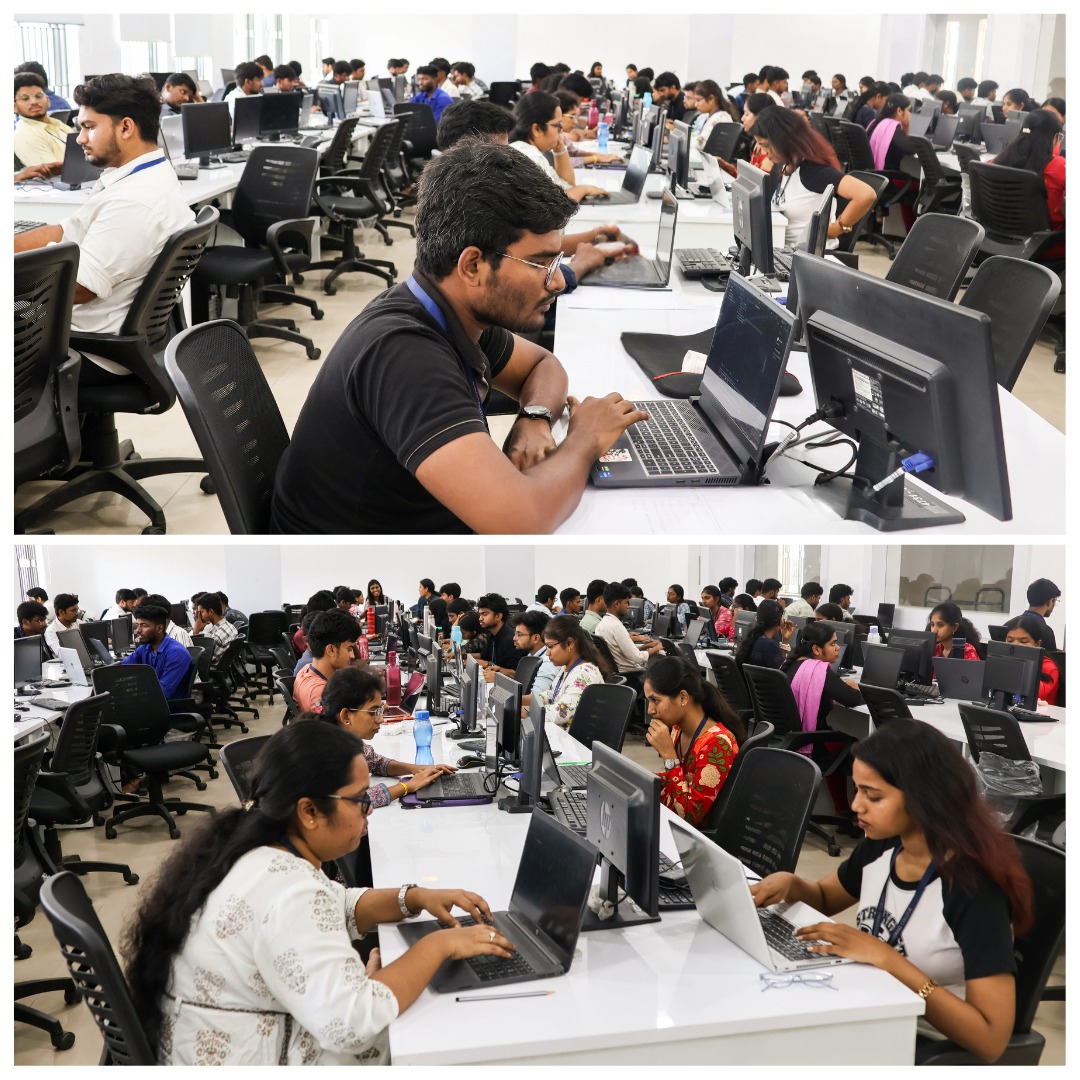About the Department
Computer Science and Engineering (Cyber Security) is a 4 year undergraduate programme which emphasizes comprehensive knowledge of Cyber Security Network Security, concepts of computer science, Cryptography, Block chain etc. The past two decades have seen massive growth in the internet and computer industry, leading to a boom in job opportunities in the field. Cyber Security and block chain is one of these career opportunities due to its need in today’s digitally paced world.
Key Features
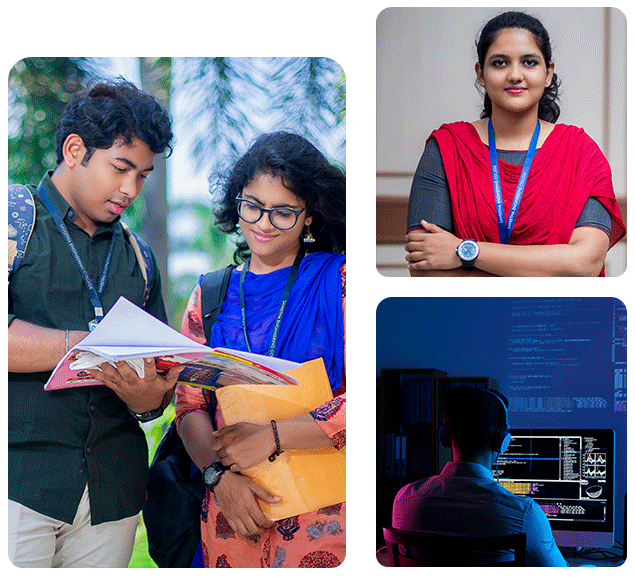
Centre of Excellence
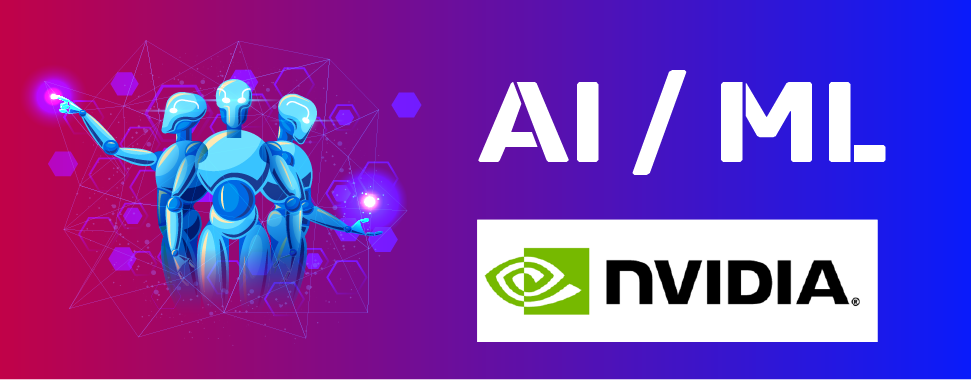
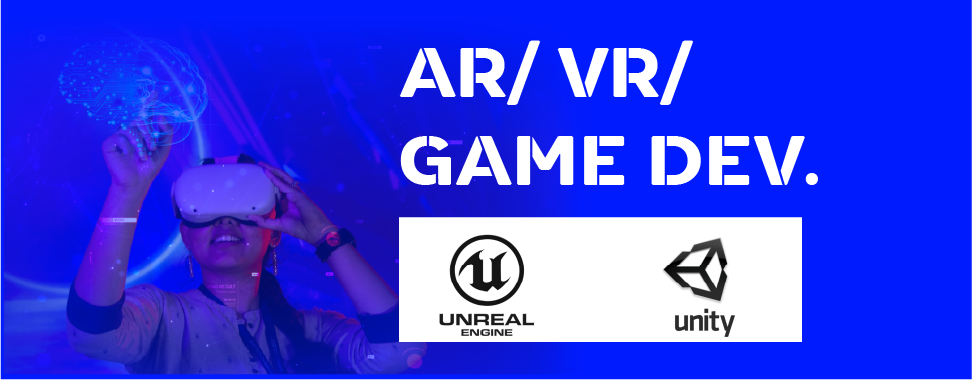
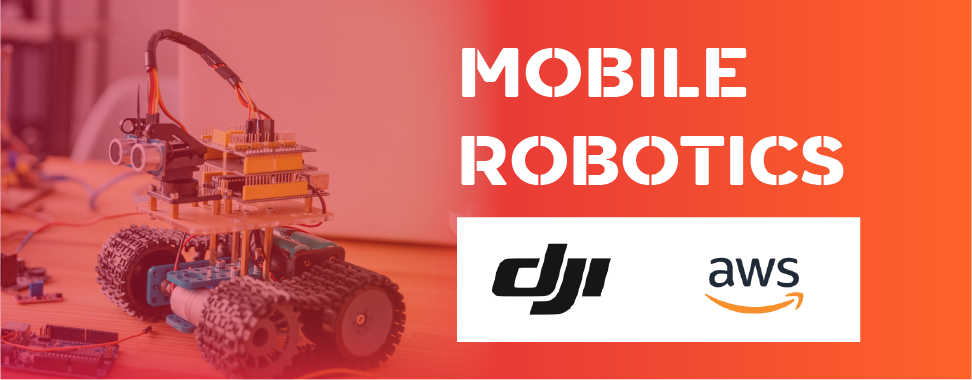

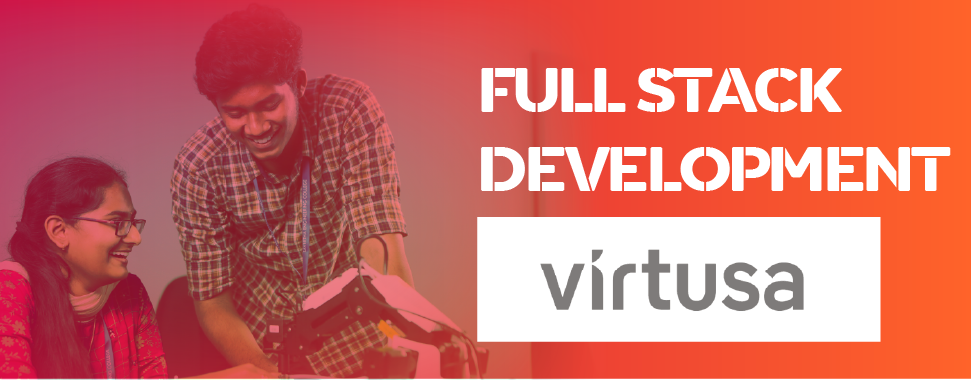
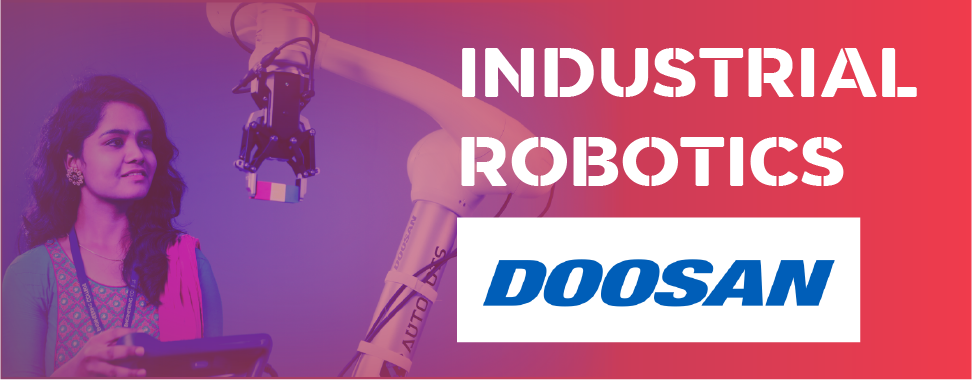


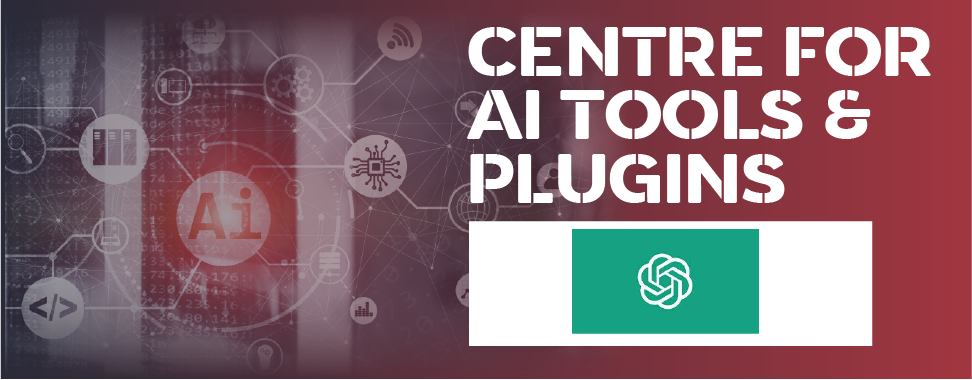









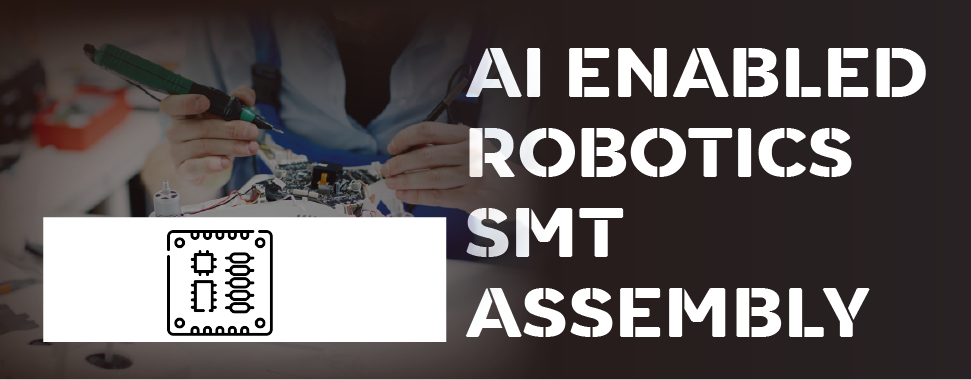

News and Events
🎉 A proud moment for SEC!
✨ Our research faculty have secured a ₹5 Lakh Project Grant from IEEE under the IEEE EPICS – Engineering Projects
🛡️ Shaping Cyber Experts at SEC with Securin
💼 SEC (Autonomous) proudly conducted the “Securin Placement Drive” for the SCOFT 2026 Batch! This drive featured Assessment Tests and
Securin Powers Tech Dreams at SEC!
🎉 Saveetha Engineering College (Autonomous) is happy to welcome “Securin” for the SCOFT 2026 Batch Campus Hiring Drive! 💼 💫 Securin is
Proudly welcomes “ZakApps” for the SCOFT 2025 Batch Campus Hiring Drive! 💼
💫 A leader in the Retail, Digital Media, and Advertisement Industry—ZakApps is where innovation meets impact. Learners, seize this golden
🌟 Gear up for a bright future! Saveetha Engineering College (Autonomous) proudly welcomes “Kyndryl”
For the SCOFT & ECE ’25 Batch Campus Hiring Drive! 🚀 Kyndryl is a leader in providing digital excellence by
VISION
To be a globally renowned academic department for quality education and research in the field of Computer Science Engineering with ethical values and social commitment.
MISSION
- To impart comprehensive technical education to produce highly competent CSE professionals and entrepreneurs.
- To provide an academic environment for state of the art research with ethical standards.
- To conduct knowledge transfer programs to enhance the technical knowledge in the field of Cyber Security.
PROGRAMME EDUCATIONAL OBJECTIVES (PEOs)
- Graduates, within four years of graduation, should demonstrate peer-recognized expertise together with the ability to articulate that expertise and use it for contemporary problem-solving in the analysis, design, implementation and evaluation of Computer Science in Cyber Security
- Graduates, within four years of graduation, should demonstrate engagement in the engineering profession, locally and globally, by contributing to the ethical, competent, and creative practice of engineering or other professional careers.
- Graduates, within four years of graduation, should demonstrate sustained learning and adapt to a constantly changing field through graduate work, professional development, and self-study.
- Graduates, within four years of graduation, should demonstrate leadership and initiative to ethically advance professional and organizational goals, facilitate the achievements of others, and obtain substantive results.
- Graduates, within four years of graduation, should demonstrate a commitment to teamwork while working with others of diverse cultural and interdisciplinary backgrounds.
PROGRAMME OUTCOMES (POs)
Engineering Graduates will be able to:
- Engineering Knowledge: Apply the knowledge of mathematics, science, engineering fundamentals, and an engineering specialization to the solution of complex engineering problems.
- Problem Analysis: Identity, formulate, review research literature, and analyze complex engineering problems reaching substantiated conclusions using the first principles of mathematics, natural sciences, and engineering sciences.
- Design/Development Of Solutions: Design solutions for complex engineering problems and design system components or processes that meet the specified needs with appropriate consideration for the public health and safety, and the cultural, societal, and environmental considerations.
- Conduct Investigations of Complex Problems: Use research-based knowledge and research methods including design of experiments, analysis, and interpretation of data, and synthesis of the information to provide valid conclusions.
- Modern Tool Usage: Create, select, and apply appropriate techniques, resources, and modern engineering and IT tools including prediction and modeling to complex engineering activities with an understanding of the limitations.
- The Engineer and Society: Apply reasoning informed by the contextual knowledge to assess societal, health, safety, legal and cultural issues and the consequent responsibilities relevant to the professional engineering practice.
- Environment and Sustainability: Understand the impact of the professional engineering solutions in societal and environmental contexts, and demonstrate the knowledge of, and need for sustainable development.
- Ethics: Apply ethical principles and commit to professional ethics and responsibilities and norms of the engineering practice.
- Individual and Teamwork: Function effectively as an individual, and as a member or leader in diverse teams, and in multidisciplinary settings.
- Communication: Communicate effectively on complex engineering activities with the engineering community and with society at large, such as being able to comprehend and write effective reports and design documentation, make effective presentations, and give and receive clear instructions.
- Project Management and Finance: Demonstrate knowledge and understanding of the engineering and management principles and apply these to one’s own work, as a member and leader in a team, to manage projects and in multidisciplinary environments.
- Life-Long Learning: Recognize the need for, and have the preparation and ability to engage in independent and life-long learning in the broadest context of technological change.
PROGRAMME SPECIFIC OUTCOMES (PSOs)
- Professional Skills: Design and identify the optimal solutions for real-world problems in Cyber Security.
- Technical Skills: Use modern open-source software tools to secure cyber physical systems.
- Entrepreneurship Skills: Ability to lead a Cyber Security product development company/team.
- Research Skills: Ability to develop solutions for Cyber Security research problems.


